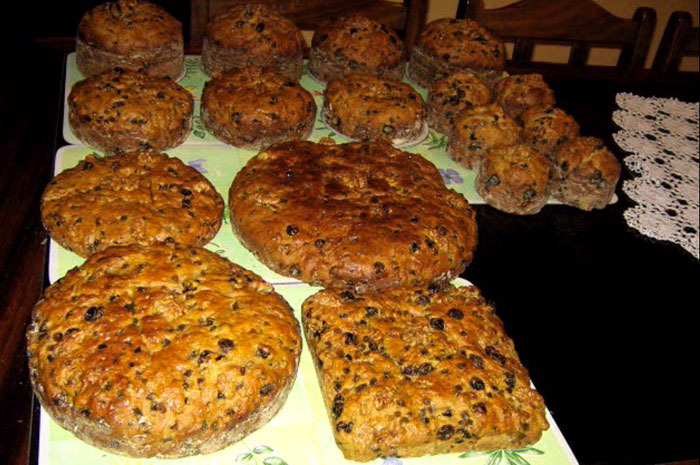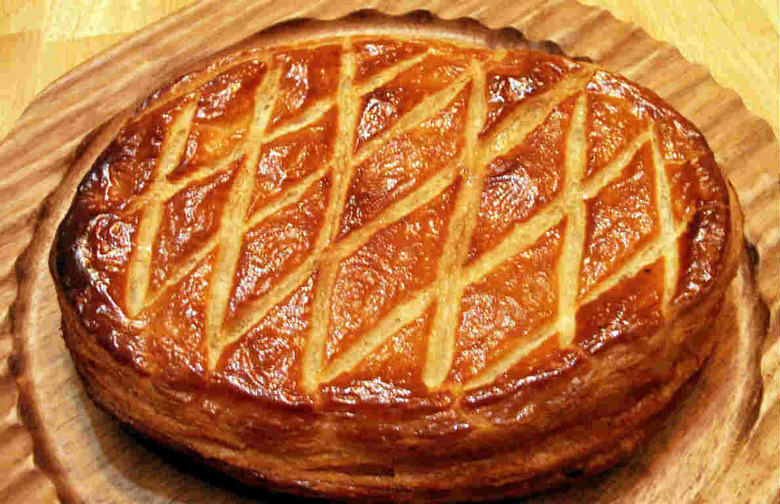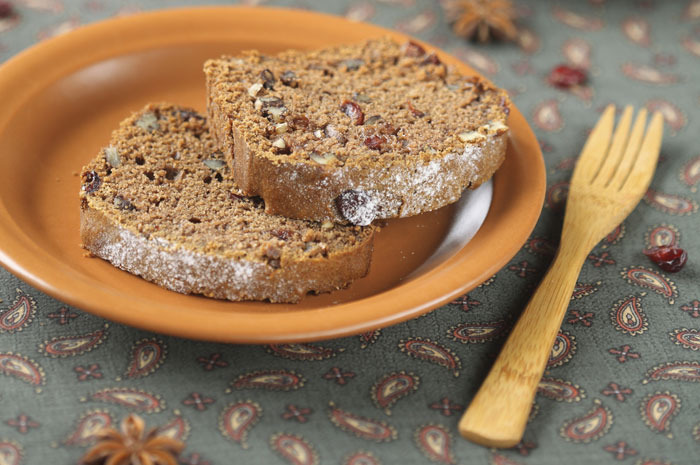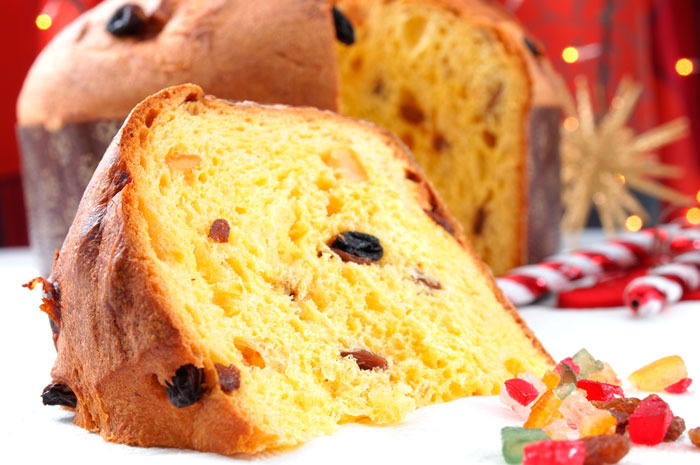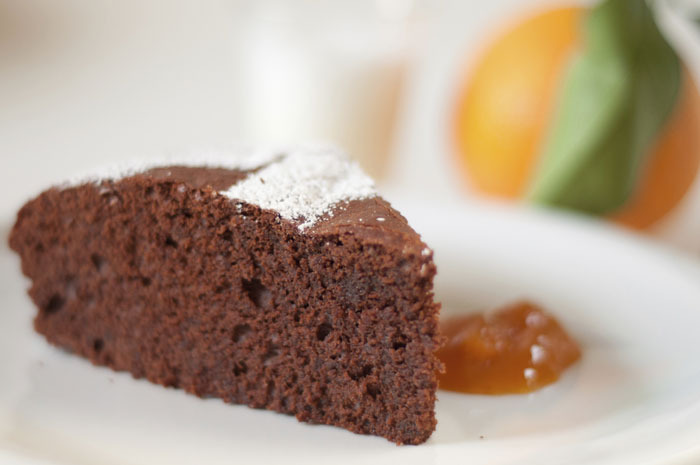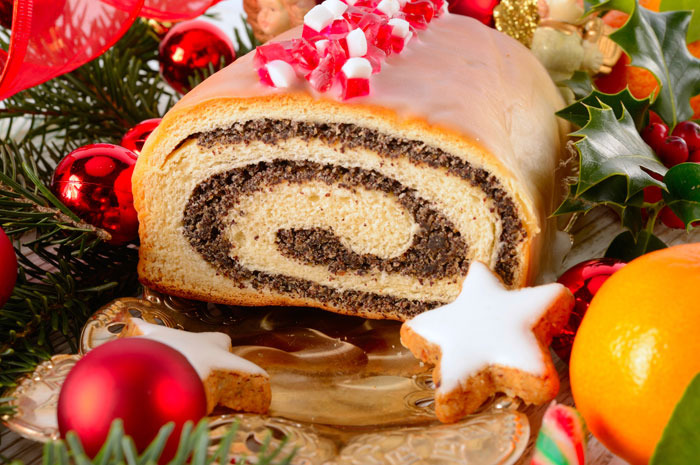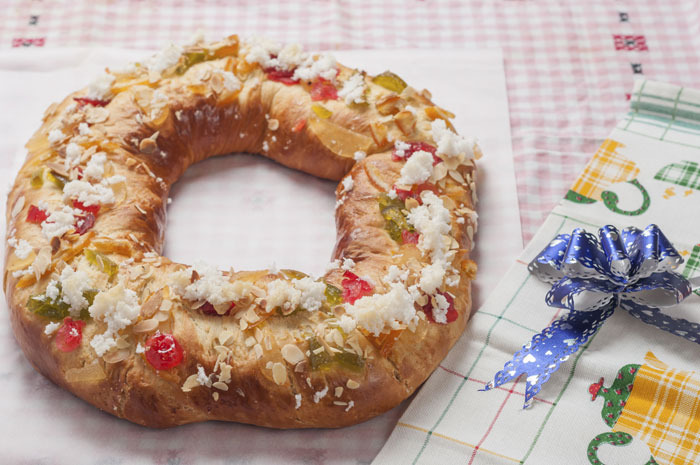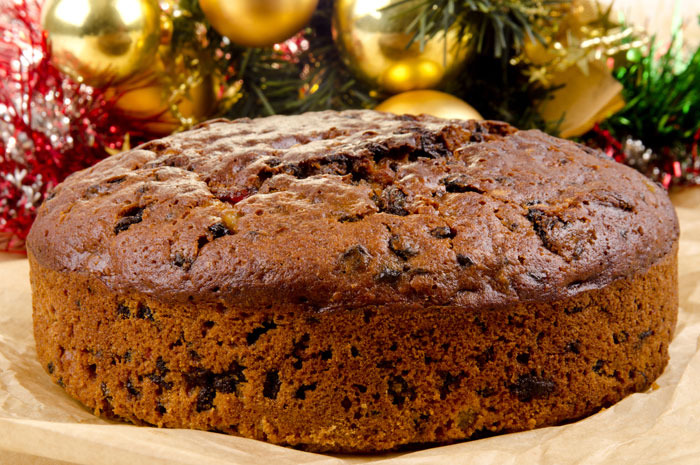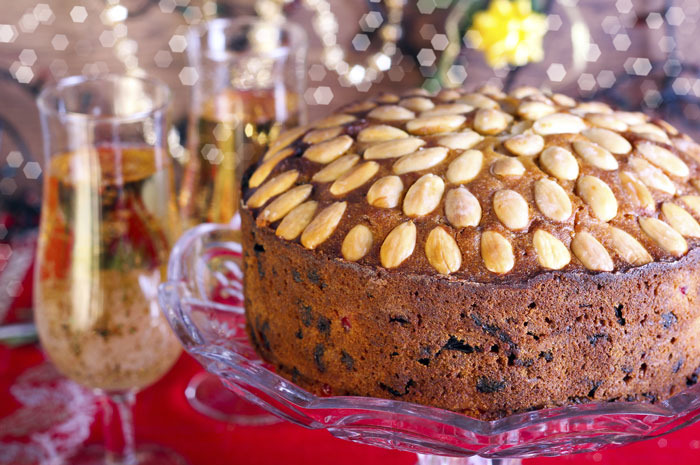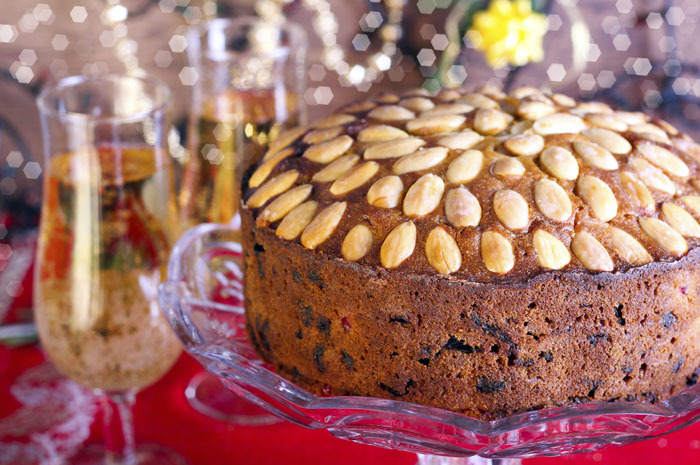12 Classic Christmas Cakes From Around The World
Thought to have evolved from German christstollen and Italian panettone, pan de Pascua — despite the fact that its name means Easter bread — is a traditional Christmas batter-based fruit cake flavored with rum. It's served in Chile with a boozy holiday coffee drink called cola de mono, or monkey's tail.
France: Galette des Rois
In celebration of the Epiphany, galette des rois, a flaky cake filled with frangipane (almond filling), is served around January 6th, the twelfth day of Christmas, when it's believed that the Three Wise Men visited the baby Jesus. A bean was originally baked inside the cake, but now it's more common to hide a plastic trinket inside. Whoever finds the trinket in their slice of cake is crowned king or queen for the day.
Germany: Christstollen
It wouldn't be Christmas in Germany without Christstollen, also called Weihnachtsstollen, a traditional fruit cake that was baked for the very first time in 1545 at the Council of Trent in what is now Italy. The original cake is so beloved that today there is a Dresden Stollen Association, which regulates its production, ensuring that any cake bearing the brand name Dresden Christstollen is made from the official recipe, using correct proportions of butter, fruit, and almonds. The recipe calls for dried fruit, nuts, and spices, and is covered in sugar, powdered sugar, or icing sugar.
India: Allahabadi Cake
Allahabadi is an Indian rum cake that originated in Allahabad, India but is baked throughout India during the Christmas season. It's traditionally made with clarified butter, petha (an Indian soft candy), ginger, nutmeg, cinnamon, mace, and fennel seeds — plus rum, of course.
Italy: Panettone
Panettone, a cupola-shaped fruit cake that originated in Milan in the early twentieth century, is usually served with sweet wine or liqueurs or hot drinks during Christmas time in Italy.
Jamaica: Rum Cake
Christmas in Jamaica is celebrated with a rich Jamaican rum cake that is spiced with cinnamon, nutmeg, and lime.
Japan: Japanese Christmas Cake
Those who celebrate Christmas in Japan bake a sponge cake known as Japanese Christmas cake, frosted with whipped cream and topped with strawberries.
Poland: Makowiec
In Poland, makowiec, a cake roll made from sweet yeast dough and filled with poppy seed paste, is traditionally eaten at Christmas.
Portugal: Bolo Rei
Made to look like a crown (round with a hole in the center and candied fruit as the jewels) in reference to the biblical story of the three kings, bolo rei, a traditional Christmas cake in Portugal, made its way from France during the nineteenth century. It became a specialty of the Portuguese monarchy's official bakery, Confeitaria Nacional, when it opened in 1829. The cake is served from Christmas Day until the Day of the Kings, or Dias de Reis, on January 6, the Feast of the Epiphany.
Spain and Mexico: Rosca de Reyes
Resembling the recipe and shape of Portugal's bolo rei cake, rosca de reyes also originated in France and is served from Christmas Day until the Day of the Kings, or Día de los Reyes. A small Jesus figurine is baked into the cake, and it's a tradition in Mexico that whoever finds the figurine brings the tamales to the party next year.
United Kingdom: Christmas Cake
Christmas cake, a type of fruit cake made in the United Kingdom, is made two months before Christmas so that it can soak in brandy. Recipe ingredients vary; some cakes are made into different shapes, and others may be covered in icing.
United Kingdom: Dundee Cake
A Dundee cake is a Scottish fruit cake that is decorated with a circle of almonds. Almonds, orange zest, and whisky distinguish it from other fruit cakes.
12 Classic Christmas Cakes from Around the World
Christmas cake is generally assumed to be some kind of fruitcake — you know, that holiday dessert that tends to be the butt of so many holiday jokes. Although, fruitcake isn't very popular in the U.S., other culture's traditional Christmas cakes are commonly some variation of fruitcake. Not all Christmas cakes are fruitcakes, though. Depending on the culture, they may also be rum cakes, sponge cakes, poppy seed rolls (like Poland's makowiec), and more.
